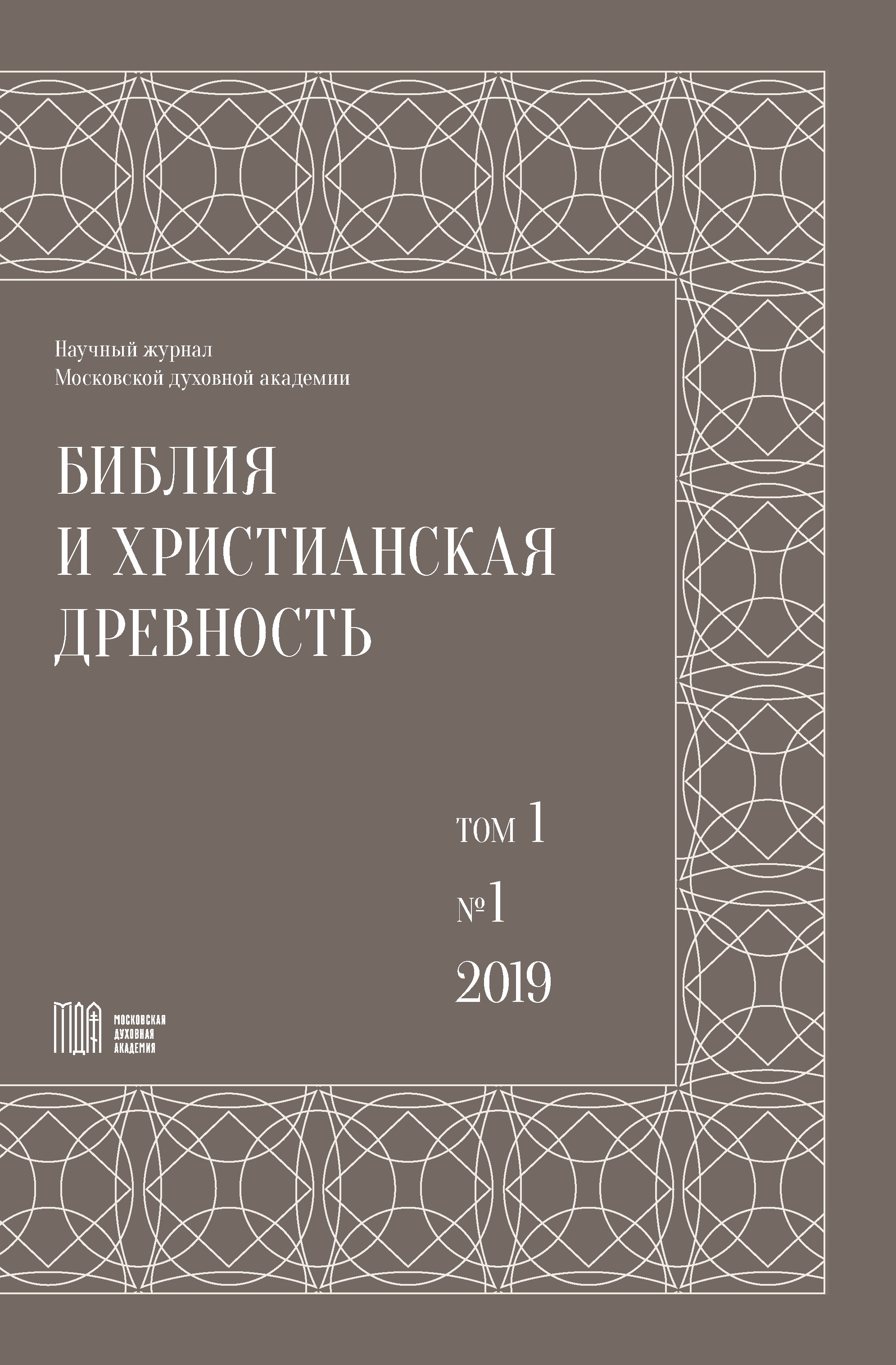The Imperative and Deontic in the Pentateuch: Specificity of the Greek (LXX), Latin (Vulg) and Aramaic Translation
Keywords:
imperative, deontic modality, deontic, indicative of imperfect, perfect with wāw-sequence, direct speech, Masoretic text, LXX, Vulg, Targums, PeshittaAbstract
This article studies the imperative and deontic modality of the indicative of the imperfect, as well as the perfect with the wāw
-sequence of the Hebrew text of the Pen- tateuch of Moses. Dialogical utterances, which are present in prose narratives and in legislative texts, were chosen as the research material. Thanks to this approach, various methods of trans- lating the Hebrew text were discovered. So, if in the first genre all the translations, designated in the subject of the article, are close to the Masoretic text, with some exceptions found in LXX, Vulg and Peshitta, then in the legislative genre texts not all translations correspond to the orig- inal biblical text. This is especially true about Peshitta. Due to the results of the study, the study of the deontic modality of the Greek, Latin and Aramaic languages, at least LXX, Vulg, Targums and Peshitta, was actualized.
Downloads
Published
Issue
Section
License

This work is licensed under a Creative Commons Attribution-NonCommercial-ShareAlike 4.0 International License.



